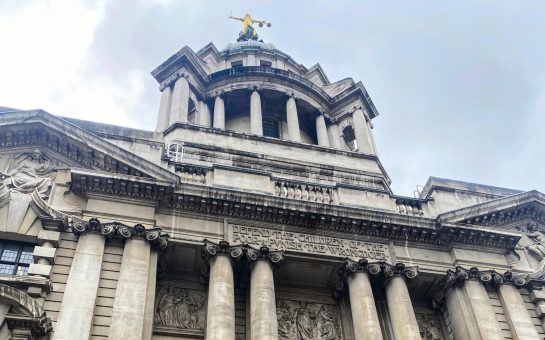Doctors will one day legally be able to issue drugs to give terminally ill patients the ‘right to die’ – but won’t be allowed to administer them, according to a Manchester University professor.
The issue still divides the country – and the House of Lords – and MPs heard personal testimonies from those directly affected on Friday as they consider green lighting the controversial law change.
Dr Iain Brassington, a lecturer on Bioethics in Law at the University of Manchester, last year doubted any drastic changes will be made to current legislation within our generation – but has since admitted that there could be a Bill on the way in some form.
“Even if a change is made, it won’t be radical,” Dr Brassington said.
“We’re a long way off from the Netherlands’ Dignitas model.
“If legislation is put in place to allow assisted suicide, it will be more along the lines of what exists in Oregon and Washington State, in which doctors are allowed to prescribe a fatal dose of drugs but not administer it.”
In these parts of the US it is permitted, under a Death With Dignity Act, for terminally ill patients to end their own lives using lethal medications legally prescribed by doctors.
Dr Brassington predicts that the scope of ‘right to die’ appeals like car crash victim Paul Lamb’s – whose paralysis is so severe that he could not take the final steps to kill himself – to bring such change is limited.
However, just over a third of patients who are prescribed these drugs never actually administer them.
This differs from the Netherlands’ legislation, under which doctors and nurses can assist patients to die.
Dr Brassington does not think such laws will ever be passed in England.
He said: “It will be a matter of changing what a third party would be allowed to do to help a loved one to die.”
The Manchester University lecturer predicted a year ago, when Mr Lamb’s appeal was first hitting the headlines, that his attempt was ‘doomed to fail’.
He agrees now that changes may well be made to legislation – because more and more judges are clamouring for clarification around the existing laws.
“There have been hints from judges that they want the legislation surrounding assisted dying to be made clearer,” Dr Brassington said.
“In matters of life and death, the cases are just too big – they keep throwing them back to Parliament.”
Emotional testimonies heard at the House of Lords included Baroness Jane Campbell, who suffers from degenerative spinal muscular atrophy.
Baroness Campbell, speaking from a wheelchair with a ventilator to help her breathe, said: “Imagine it is already law and that I asked to die. Do you imagine I would be refused?
“This Bill offers no comfort to me. It frightens me, because in periods of greatest difficulty I know I might be tempted to use it.
“It only adds to the burdens and challenges life holds for me.”
But others spoke in favour of the Bill, including Lord Avebury of the Liberal Democrats whose rare form of blood cancer was untreatable and could lead to an agonising death.
“These are unattractive prospects to look forward to in the last weeks of my life,” he said.
“In agreeing to this, your Lordships would give tens of thousands of people diagnosed with conditions that may similarly lead to weeks of torture before they die the means of escape from that unnecessary fate.”
The public is also divided – but polls have shown over 80% support the ‘right to die’.
Reverend Cody Coyne, of Unitarian Cross Street Chapel in Manchester, shared a perhaps slightly unexpected religious perspective.
The Unitarian Church has a more liberal view on assisted dying than many religious bodies, supporting ‘human life’s inherent dignity’.
Rev Coyne recalled that two years ago, when Tony Nicklinson’s original campaign to earn the right to die was in the High Court, Unitarians conducted an ‘in-depth and serious discussion’ on their beliefs surrounding euthanasia.
Rev Coyne said: “The ability for one to be the judge of their own suffering is vital for their spiritual well-being.
“We must seek to reassure the person in question that they are loved – no matter which way their decision falls – and that they are respected as the sole arbiter of their life.”
But Rev Coyne also insisted that it is vital to recognise and protect against abuses.
“No-one should feel that they are a burden, that their life is not sacred or without value,” he said.
“Legal frameworks must be in place to guarantee these decisions are informed and without coercion.”
The general consensus is that the difficulty and complexity of creating such fool-proof legislation may be the downfall of appeals like Mr Lamb’s.
“And between these pillars of care for one’s right to choose lies the heart of the matter: compassion,” Rev Coyne said.
“The compassion people and society must show to those making the decisions, those who may help enact the decisions and those who live on after those whose decisions have been carried out.
“To disregard the weight of any decision, to hold in contempt those who have committed to helping end one’s suffering, to fail to support families in bereavement would be a far greater crime even than allowing someone to enter into death without undue and senseless pain.”
Image courtesy of Erik Soderstrom with thanks



